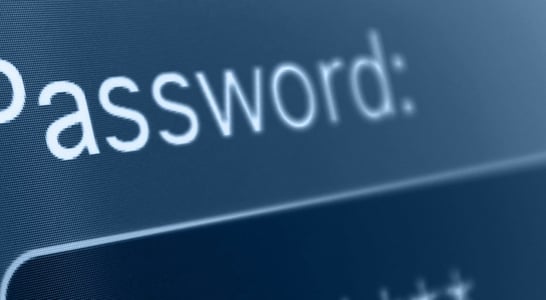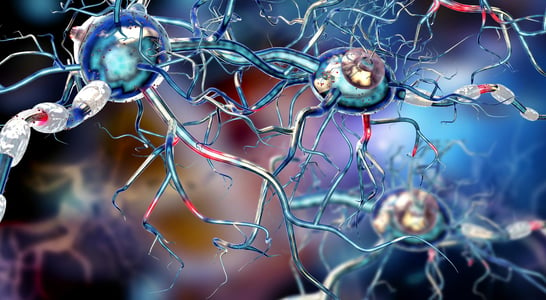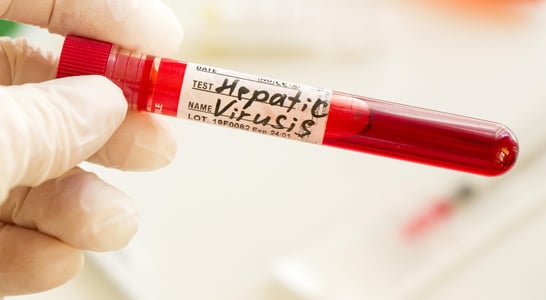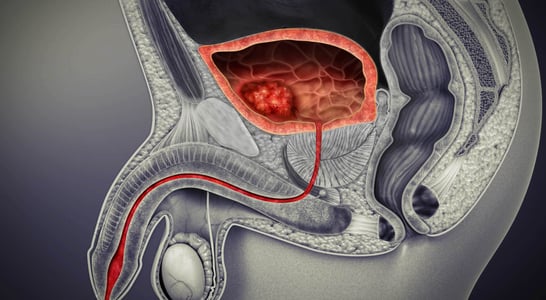
National Osteoporosis Month
Osteoporosis is a concern for millions of people worldwide because it silently weakens bones over time. This condition increases the risk of fractures, especially in the hip, spine, and wrist.
National Osteoporosis Month aims to highlight this risk and provide helpful information to the public. Throughout May, health organizations emphasize the importance of bone density tests and healthy habits to prevent and manage this disease.
The condition doesn’t show obvious signs until a fracture occurs, which can lead to serious complications. Prevention and awareness are crucial, which is why this month underscores the benefits of regular exercise, a calcium-rich diet, and vitamin D.
These can help maintain bone density and reduce the risk of fractures.
National Osteoporosis Month also encourages people to discuss their bone health with their healthcare providers.
Getting personalized advice can help identify risks early on and take preventive action. The goal is to empower people to take charge of their bone health, leading to a more active and independent lifestyle.
History of National Osteoporosis Month
National Osteoporosis Month has a significant history rooted in raising awareness about bone health. It was established to bring attention to a condition that often goes unnoticed until it causes harm.
The initiative was developed by health organizations that recognized the need for better public education on this issue. They wanted people to understand osteoporosis and how to prevent it.
Initially, efforts included educational campaigns and community events. These activities aimed to reach a wide audience and explain the importance of early detection.
Over time, this month became a crucial period for sharing new research, providing resources, and highlighting the importance of maintaining strong bones.
Today, the awareness month continues to play a vital role in public health education. It encourages individuals to engage in conversations about their bone health.
National Osteoporosis Month remains a testament to the ongoing effort to empower people with the knowledge to live healthy and active lives.
How to Celebrate National Osteoporosis Month
Check Your Bones
Start the celebration by scheduling a bone density test. It’s like a checkup for your skeleton! Knowing your bone health will help you take better care of yourself.
A simple scan will provide insights on how to keep those bones strong and sturdy.
Move and Groove
Find joy in movement by trying a new exercise. Weight-bearing exercises like dancing, walking, or yoga can work wonders for your bones.
Even a quick walk around the block can be beneficial. Just keep moving, and your skeleton will thank you!
Nourish Your Bones
Celebrate with a feast that your bones will love. Foods rich in calcium and vitamin D help keep bones strong. Think leafy greens, dairy, and a splash of sunlight. Create a meal packed with all the good stuff that bones need.
Share the Wisdom
Spread the word by sharing facts about osteoporosis with family and friends. A little knowledge can go a long way. Use social media, conversations, or even a quick text to remind others of the importance of bone health.
Get Creative
Let your creative juices flow! Create posters, organize a trivia night, or host a virtual event. Make it fun and interactive to engage others in learning more about osteoporosis.
Also in ...
View all holidaysWorld Password Day
Protect your privacy and self by taking some time to update your passwords. Avoid pet or family names, important dates, and other identifying information.
National Purebred Dog Day
Many purebred dogs offer invaluable services to mankind, from sheepherding to hunting to guarding and search-and-rescue, so give some love to purebreds.
School Principals’ Day
Organize an event or write a card to show your appreciation for the educators that run our schools. School principals work hard to make kids’ lives and educations better.
We think you may also like...
International FND Awareness Day
Learn and raise awareness about FND, or Functional Neurological Disorder, a poorly understood and rarely talked about disorder affecting many.
Pain Awareness Month
Understanding and support for those enduring chronic pain fosters empathy and drives advancements in treatment and care.








